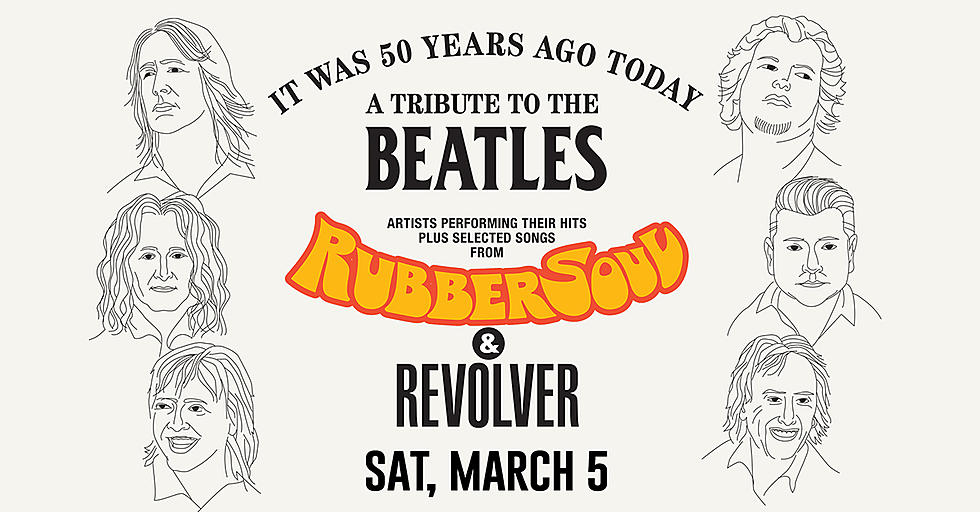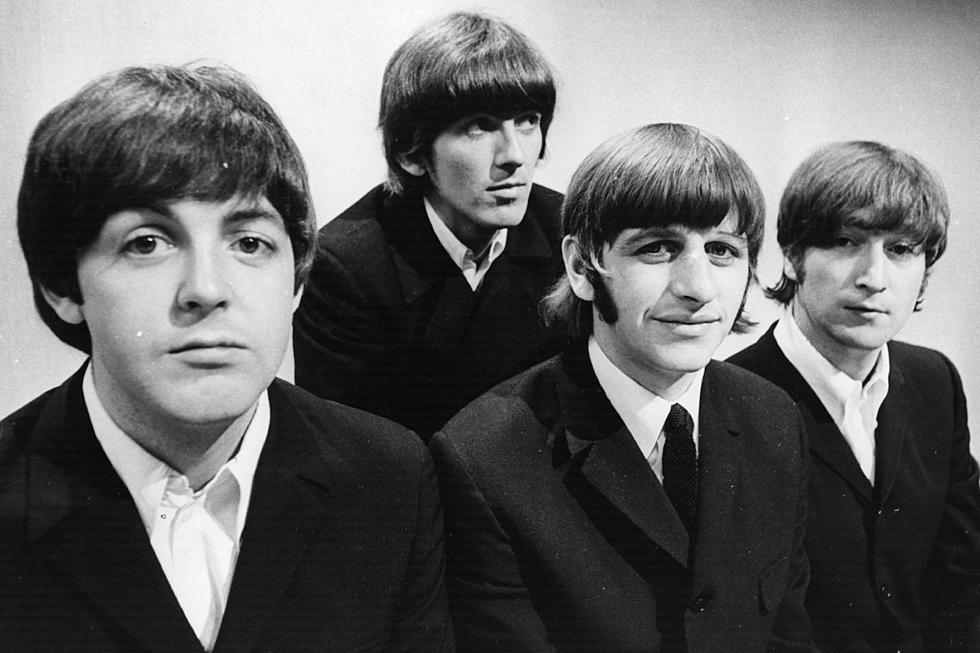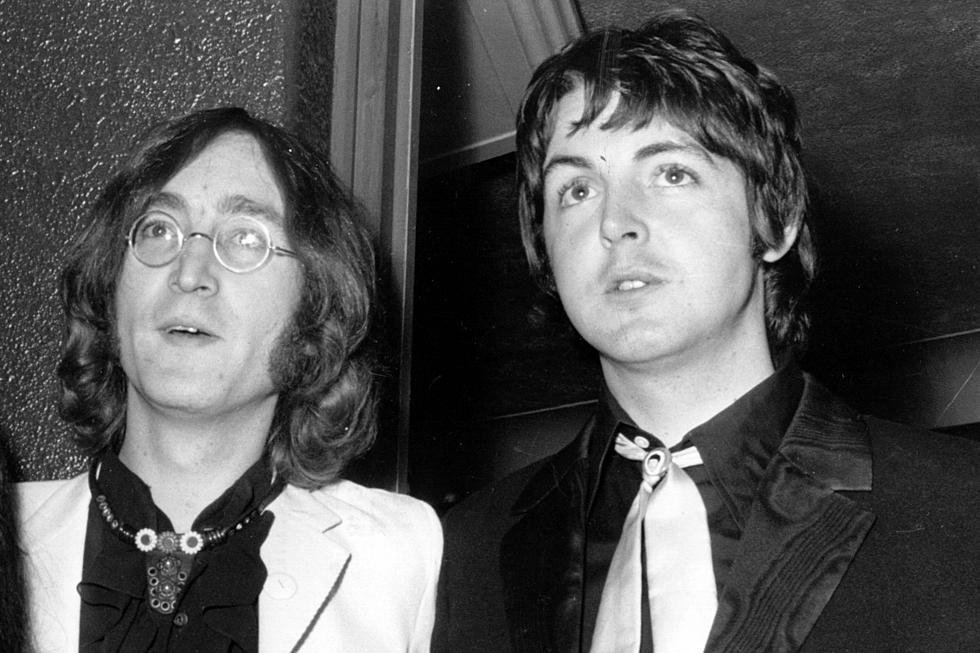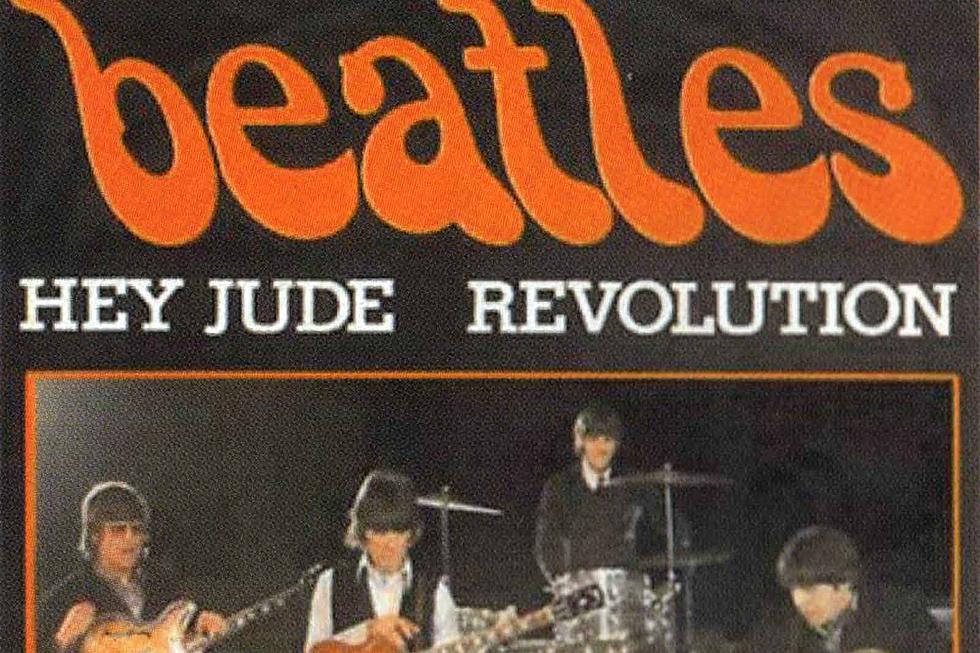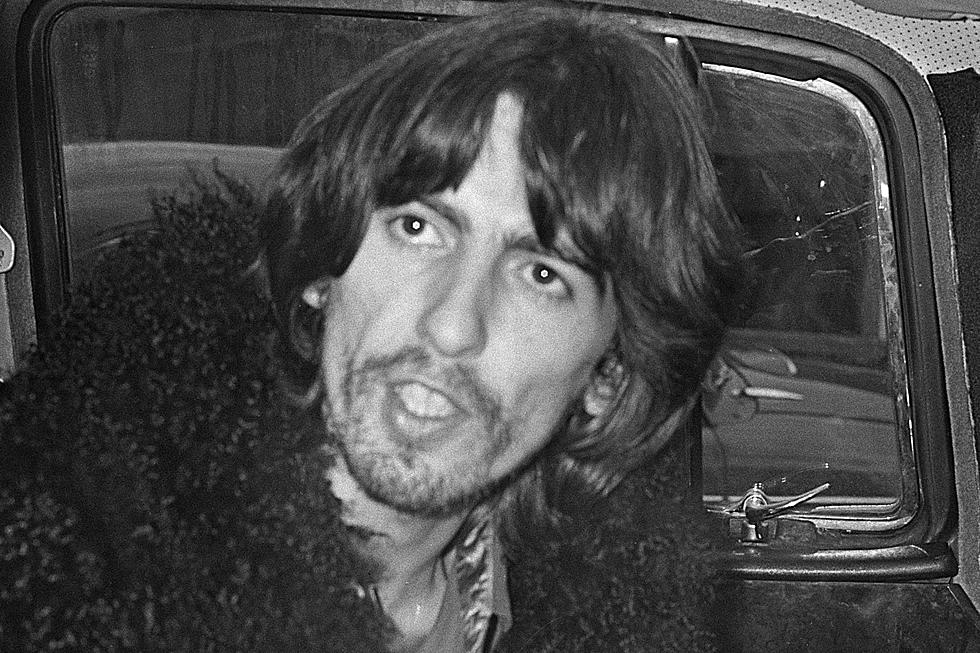
What the Beatles Said About George Harrison Quitting
John Lennon, Paul McCartney and Yoko Ono were recorded discussing George Harrison’s five-day departure from the Beatles in 1969, a biographer revealed.
John Harris was given access to the hundreds of hours of recordings made as the group began to disintegrate. Edited by Harris, the Beatles’ book Get Back arrives on Oct. 12 and ties in with Peter Jackson’s six-hour movie series of the same name, to be released in November.
In a lunchtime chat taped on Jan. 11, the day after Harrison walked out of rehearsals, Harris said that “Lennon, Ono and McCartney had lunch, and recorded a remarkable conversation,” He wrote in the Guardian: “On the audio I was given, it began suddenly and unexpectedly: Lennon: ‘I mean, I’m not going to lie, you know. I would sacrifice you all for her [Ono]… She comes everywhere, you know.’ McCartney: ‘So where’s George?’ Lennon: ‘Fuck knows where George is.’ Ono: ‘Oh, you can get back George so easily, you know that.’ Lennon: ‘But it’s not that easy because it’s a festering wound… and yesterday we allowed it to go even deeper, and we didn’t give him any bandages.’ McCartney: ‘See, I’m just assuming he’s coming back, you know. I’m assuming he’s coming back.’ Lennon: ‘Well, do you…’ McCartney: ‘If he isn’t, then he isn’t; then it’s a new problem.’ Lennon: ‘If we want him – I’m still not sure whether I do want him – but if we do decide we want him as a policy, I can go along with that because the policy has kept us together.’”
Harris identified another recording that demonstrated how McCartney – who’d taken on a management role following the 1967 death of Brian Epstein – wasn’t necessarily the dictator he was sometimes made out to be. Discussing the fact that Ono had become a permanent fixture alongside Lennon, he said: “They’re going overboard about it, but John always does, you know, and Yoko probably always does. So that’s their scene. You can’t go saying: ‘Don’t go overboard about this thing, be sensible about it and don’t bring her to meetings.’ It’s his decision, that. It’s none of our business starting to interfere in that.”
On another tape, McCartney was heard trying to push his colleagues into choosing whether their four-week rehearsal run was really going to lead up to a concert. “We’re going to do it, or we’re not going to do it,” he said. “I’ll do it. If everyone else will, and everyone wants to do it, then all right. But [laughs], you know, it’s just a bit soft. It’s like at school, you know. ‘You’ve got to be here!’ And I haven’t! You know, I’ve left school. We’ve all left school.”
The intense sessions resulted in the Beatles’ final live performance on the roof of the Apple Corps office in London on Jan. 30, 1969. Harris argued: “Half a century later, we now know that was not some fluke, but the end result of four weeks that, after a very shaky start, had gone much better than all those subsequent accounts suggested – something crystallised in a couplet Lennon added to McCartney’s song ‘I’ve Got a Feeling,’ which they played twice on the roof. ‘Everybody had a hard year,’ he sang, into the January chill. ‘Everybody had a good time.’”
Beatles Albums Ranked
More From Beach Radio
